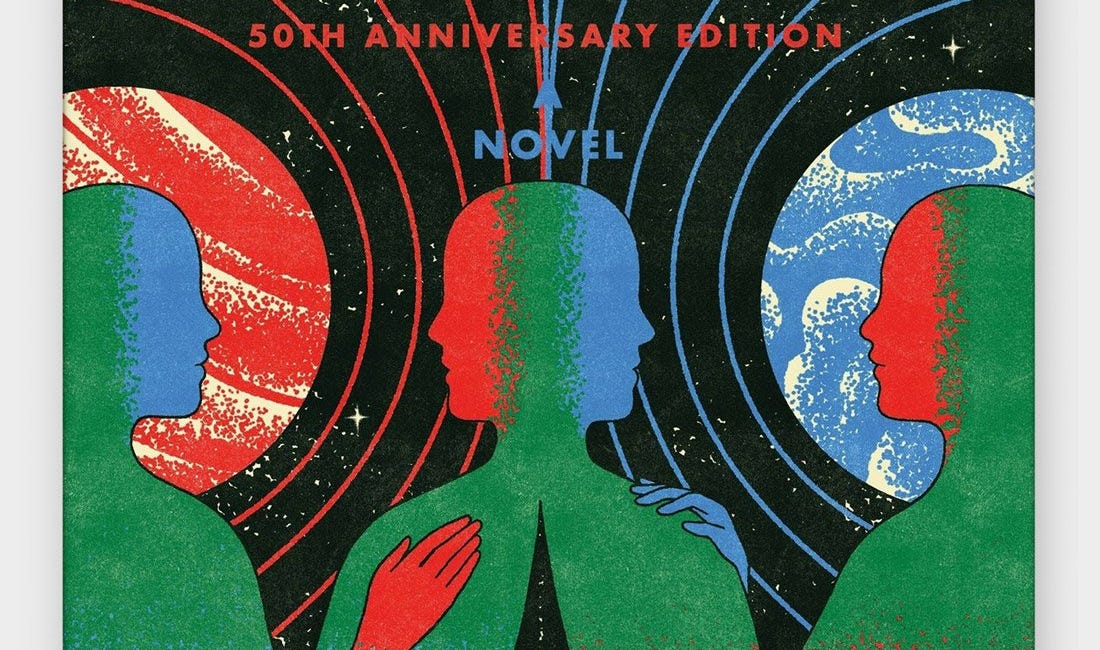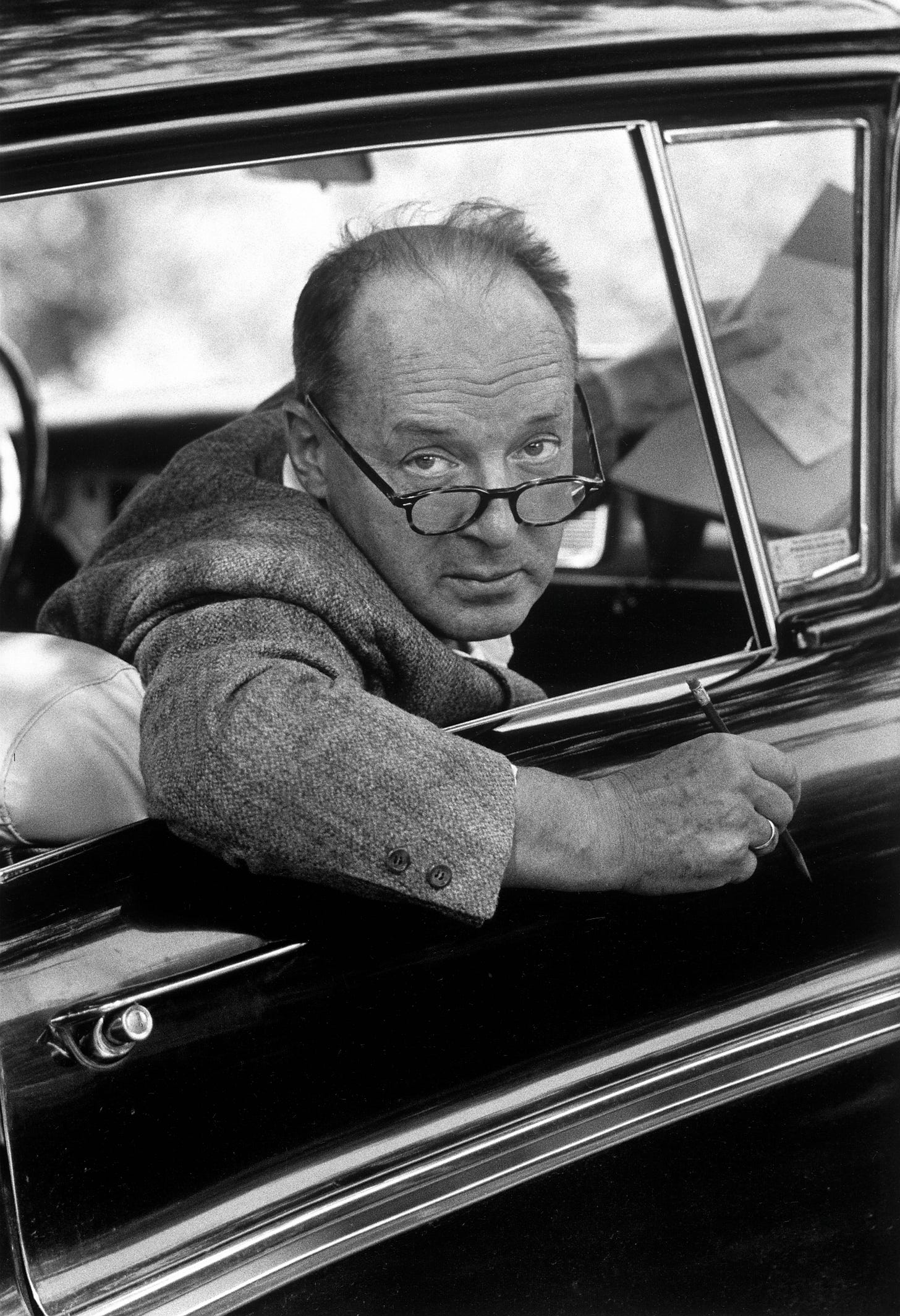9 Reading Ideas for 2025
Perhaps you are thinking about what you want to read in 2025. I’ve put quite a bit of thought into it, as I’m too busy to be a mood reader these days. I came up with a long list of books I’d like to read in the new year, and as I came up with that list I came up with some ideas for structuring your reading.
The point is to read more, be intellectually engaged, and (of course) to enjoy myself. Maybe you’ll find these suggestions helpful.
#1: Join a Book Club on Substack
I decided that I would be joining
’s slow read of Hilary Mantel’s Cromwell trilogy. I love Mantel, and I love that trilogy, and I wanted to go back and savor them. I’m using Simon’s timeline and resources to really savor it.Of course, we do something similar at Commonplace Philosophy: in 2025 we’ll finish Hannah Arendt’s The Human Condition, and then we’ll move on to several other philosophical books.
Our 2024-2025 philosophical read-alongs
I have figured out the next few read-alongs we’ll be doing here at Commonplace Philosophy, and I’ll be sharing some details with you today.
As part of those read-alongs, I host Zoom calls for paid subscribers. The next one is December 15 at 8 PM Eastern. I send the link out to paid subscribers that day. If you want to join that call, click on the button below to become a paid subscriber.
Of course, you don’t have to pay. The read-alongs primarily consist of a weekly post I send out, and those posts are never behind a paywall. Anyone can join in that part of the discussion.
#2: Pick an Author and Read His Complete Works
Or her, of course.
The idea behind this suggestion, the real reason for doing it, is that most readers (myself included) tend to go and grab the best books by an author, though ‘best’ here could be replaced with ‘most famous.’
If you’ve read Dostoevsky, odds are you’ve read Crime & Punishment, Brothers Karamazov, and perhaps Notes from the Underground. If you were to encounter Nabakov’s comment that Dosoevsky was a ‘slapdash comedian,’ you’d be a little perplexed. When a friend of mine who has read all of Dostoevsky, along with several biographies, saw that, he shrugged and said ‘I get it.’ The lesser-known works can tell you quite a bit about an author.
In 2025, I’m reading all of Plato. Every dialogue in Hackett’s complete works, including the dialogues that were attributed to Plato in antiquity that we no longer consider authentic. I’m also going to read most, though not quite all, of the Le Guin novels that I haven’t read yet.
I’m already thinking about 2026, and I think that might be the year to read every bit of Nietzsche I can find.
#3: Pick a Topic and Really Master It
Is there some topic – an area of history, a subfield of philosophy, a certain aspect of culture – you’ve always wanted to understand better? Why not make a good reading list for yourself and try to master it in 2025?
I’m using ‘master’ here a bit broadly. I’d say that perhaps 5-7 really good books on a subject would give you the sort of mastery I’m talking about. It would give you the sort of competence that, say, an advanced graduate student in the subject area might have before writing a dissertation. Choose the books wisely.
I don’t have anything like this in mind, really, unless we say that I’m trying to understand the relationship between Neo-Platonism and early Christian theology. I have a few books on the subject picked out: Plotinus’ Enneads, Maximus the Confessor’s Ambigua, the Platonic dialogues, and (perhaps) a scholarly work by Gerson. But this is really a continuation of an ongoing project, not something I’m exclusively focusing on in 2025.
#4: Get a Grasp on an Entire Genre or Movement
This won’t work for a large genre like ‘fiction’ or ‘crime.’ You’ll want to get a bit more specific: afro-futurist literature, or New Wave science fiction, or British spy novels, or the Harlem Renaissance. Find a genre that intrigues you and make a reading list of the essentials — you can almost certainly find helpful guides online. Pick 10-20 books in the genre that represent the broad strokes, the major currents, and so on. Read them and come to understand a (possibly minor) literary movement. Compendiums, anthologies, and readers are your friends here. If the movement is primarily American, the Library of America likely has a volume for you!
I’m going to at least get started with this in 2025, as I’m going to be reading quite a lot of John Le Carré. (Not all, however.) I’m treating this as my foray into other parts of so-called genre fiction, beyond science fiction and fantasy. (As an aside: The Spy Who Came in from the Cold is easily one of the best novels I read in 2024.) After reading Le Carré, I’ll be set up (in 2026) to read more widely in spy fiction.
#5: Pick a Prize and Read the Winners
There are many literary prizes out there. Pick one and then work your way through all of the winners.
The Booker Prize has been running since 1969; if you are an above-average reader, you could read every winner of the Booker Prize in time to read 2025’s right when it is announced. The Hugo has been running since the mid-1960s as well, so you could try that instead if you prefer speculative fiction. Or you could try to read something – even just a short story or an article – from every Nobel laureate in fiction; there are 121 of them so far.
There are a few reasons to consider choosing this as your reading goal. One, if a book one a major prize, there’s a decent chance it is good. You likely won’t be wasting your time. Two, it is illuminating to see what books are appreciated in their time. As we all know, a book being acclaimed when it is published is very different from it having any staying power; famously, Moby-Dick was a flop.
#6: Read Your White Whale Books
Back in September, I asked for people to tell me about their ‘white whale books,’ those books you’ve always wanted to read but can never seem to get around to. Moby-Dick was a common answer, as was In Search of Lost Time by Proust. The answers were quite varied, though, and you might want to go and look at those comments.
We all have books like this. (For me it is Proust, and I’m reading all of In Search of Lost Time in 2025.) So, commit to reading it. Just do it.
#7: Pick a Fun Series
It is very easy to set goals for yourself for next year’s reading and not think about having fun. Well, as you make your list, pick at least one fun series to provide some light entertainment. For me, that will be The Expanse. I watched parts of the TV show, and I’ve decided to finally read the books.
A series is especially good for this sort of reprieve, because you’ll revisit settings, characters, and themes…it is more familiar, and just a bit easier, than reading individual books.
#8: Try Something Out of Your Comfort Zone
At one point, poetry was one of the most popular genres in the United States. The same could be said for the short story. Now, readership has cratered. Even those of us who read a lot of books tend to ignore poetry and short stories. If that’s you, maybe pick a few poetry collections and read them, or do the same for short stories.
Or maybe you should read a collection of American sermons, like the one published by Library of America, even if you aren’t religious; they’re incredibly important to American literary history. Read The Federalist Papers for the same reason, even if political tracts aren’t your usual fare. The point, really, is to find something that you wouldn’t usually read and then to commit to reading it. You’ll be better off for it.
#9: Actually Read the Books You Buy
You might’ve noticed that I keep mentioning all the books I’m going to read in 2025. Well, here’s a secret: I already own them. I’ve own some of them for years. And 2025 is the year I’ll actually read the books that I own. In my list of the 100 books I want to read in 2025 (the number is high because of those Platonic dialogues), I own all 100.
I’ve already committed to my wife that I won’t buy any new books unless I need them for research
(One important exception: as you may know, I’m writing a book, and while I’m not sure of when it will come out – I really do want to share news about its progress in the next few months – if it comes out in 2025, please buy a copy. Ideally in hardback and preordered from a local bookstore. But realistically, 2026 seems more likely.)




All the ideas you presented here resonated with me, but #3 had me nodding along eagerly! I love the idea of mastering a subject, something which we relegate to our school and college years, but which we all know, really should be a lifelong endeavor. Thank you for putting your ideas out there! Happy 2025 🙏🏼
For several years I have been collecting and reading the winners of the Edgar Award for Best First Mystery. I have about 20 first editions that are the pride of my book collection. The ones from the 1940s are very expensive so I will be buying nice later editions of those. It’s a fun project.